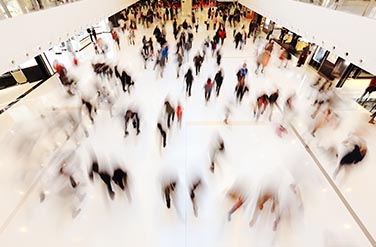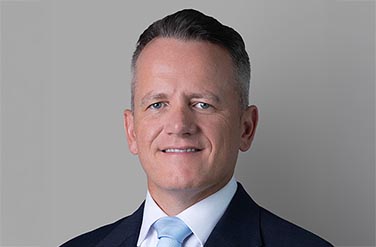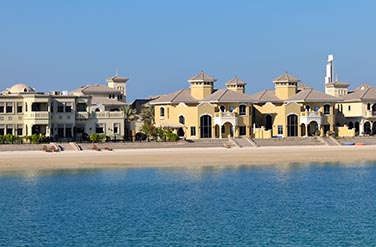It's almost time to call it wraps for 2016. The year has been a mixed bag of fortunes for the Dubai property sector, with affordable properties leading recovery while the prime market continuing to feel the pressure both in the sales and rental markets.
Property experts claim the market witnessed across-the-board rent softening and a sales price slump.
The UAE economy had to adjust to a period of lower oil revenues and the strengthening of the US dollar in 2016. These had a negative impact on the Dubai residential real estate market.
According to property consultancy JLL, the Dubai property market continued to witness a 'soft landing' from the highs seen in 2013/2014. Since this peak, average values in the residential market have softened around 13 per cent.
"The overall rental index for Dubai has declined by less than eight per cent since mid-2014. Sales prices have fallen more than rents in the current downturn [down 13 per cent since their last peak in 2014]," said Craig Plumb, head of research, JLL Mena.
Fragmented performance
The Dubai property sector saw a fragmented performance in 2016, with the primary market doing well while the secondary market continued to remain challenging.
Developers launched affordable projects with great payment plans, including post-handover plans, which attracted both first-time buyers wishing to exit the rental trap and investors seeking rental yields and capital appreciation from future events such as the Expo.
"The secondary market was challenging where only committed/motivated sellers achieved sales. Sellers have had to reduce their asking prices to eventually secure the sale," informed Mario Volpi, chief sales officer, Kensington Exclusive Properties.
Also, despite a fall in oil-related jobs due to the lower oil price, many other sectors created jobs such as in hospitality, healthcare and education. As a result, the Dubai rental market fared well in terms of transactions.
"The central location of Dubai, its status as a global business and leisure hub and the ongoing preparations for the Expo 2020 remained the key drivers of growth," said Ranju Kapoor, general manager of Hamptons International.
Meanwhile, there has been a paradigm shift of supply in Dubai with higher product offerings in the affordable and low to mid-market options.
Transaction activity was concentrated in the below Dh1 million price category.
Crystal-gazing at 2017
The first half of the year is likely to see a continuation of sales and rental prices softening. The much-awaited increase in property prices will probably not materialise until much later on in the year.
"This will be mainly due to the continuing uncertainty of the property market itself, constant stream of project announcements and unstable job market," added Volpi.
However, the continued infrastructure spend on projects leading up to Expo 2020 will generate demand for housing in Dubai. Thousands of new professionals will look to enter the property market.
"We predict an uptick in Dubai sales prices in 2017 as a revival is clearly under way, however, an overall rise is expected to be very gradual. We foresee few sub-markets to underperform - particularly the affordable and low-mid market segment are likely to be negatively impacted by the large amount of pipeline supply," said David Godchaux, CEO of CORE. The strong US dollar will also exacerbate the fall in sale prices for the first half of the year. It is possible that the second half may see the dollar weaken a little as the policies of the new Donald Trump administration begin to kick in.
Rouble strengthens
"If the dollar does weaken, this may only be a short-term result as the yen, sterling and euro currencies are all currently weak and may weaken further due to political elections and tribulations ahead. One bit of good news is that the rouble has strengthened significantly which may attract Russian buyers back to Dubai," explained Volpi.
The Opec agreement to cut output quotas will help the UAE government to continue with the required spending for Expo.
"With oil prices projected to grow after Opec and non-Opec oil-producing nations agreed on production cuts, the Gulf economies are expected to make positive gains, which will translate into stronger demand for property," said Hamptons' Kapoor.
Meanwhile, with reports of more than 20,000 new homes set to enter the Dubai market in 2017, there is fear of further price declines. Volpi said: "This threat may not materialise due to certain factors such as financial issues, approval/licensing delays and possibly even a conscious decision by developers to hold back completions so as not to flood the market."



